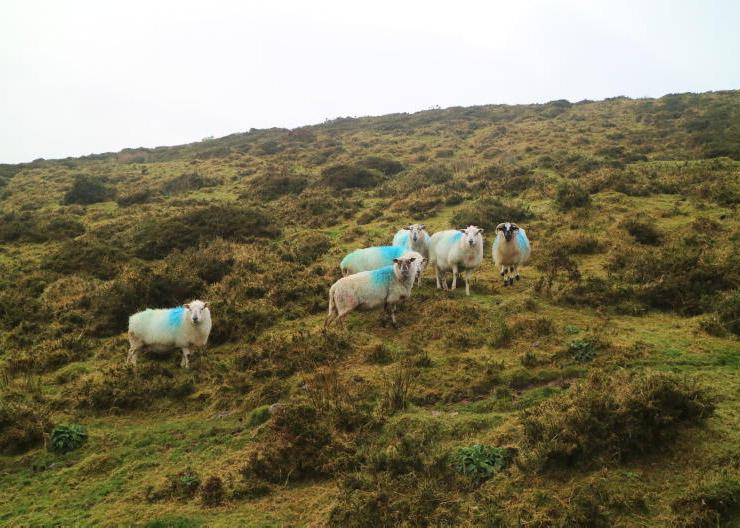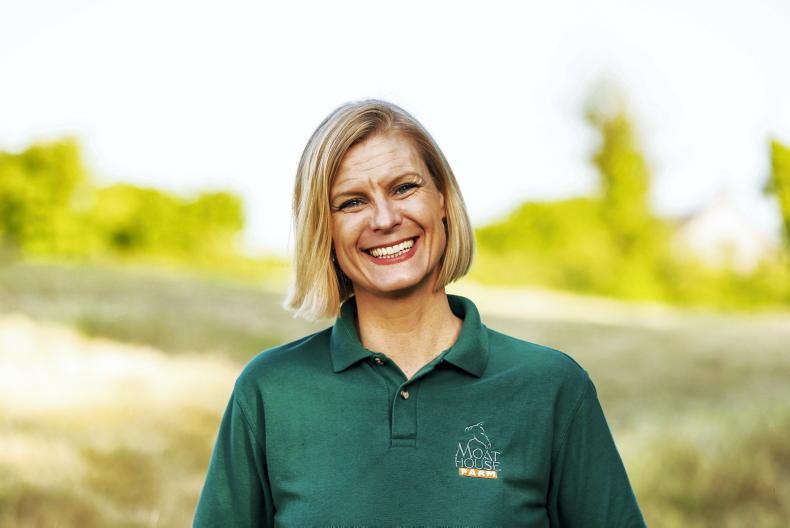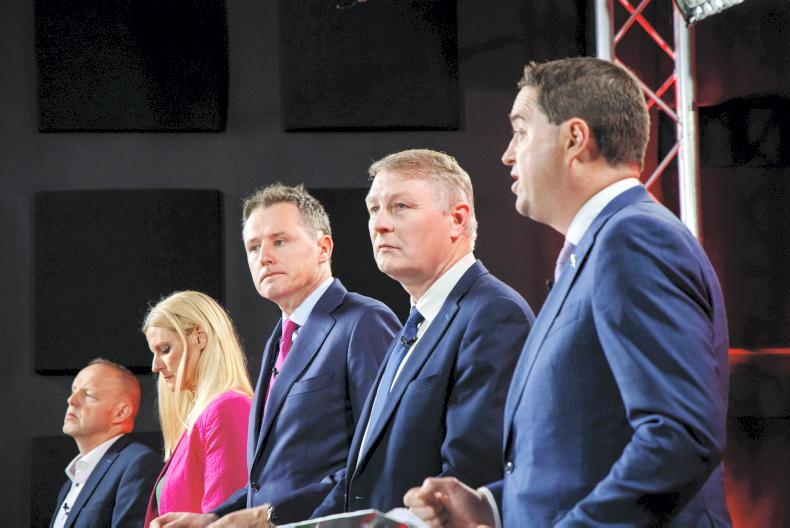An eco-social farming European Innovation Partnership (EIP) has been launched in Co Kerry, with the purpose of promoting biodiversity through collaboration between farmers and farmer groups, the local community and local action groups.
The Kerry Eco-Social Farming project was successful under call five of the EIP-AGRI project, farm and community biodiversity, and was launched by Minister of State with responsibility for land use and biodiversity Senator Pippa Hackett on Monday.
This new EIP in Co Kerry has evolved from the Kerry Social Farming (KSF) initiative. This locally led project was established in 2013 by the South Kerry Development Partnership (SKDP) and currently operates with 30 host farms and 39 participants.
The newly launched project now builds on this and brings an already established group of farmers and their farmland together to deliver biodiversity in local communities.
The project works with host farmers, participants from disability services and their support workers, as well as the wider community to enhance biodiversity on farms and develop understanding of biodiversity-related topics to a wide range of stakeholder groups.
Objectives
The main objectives of the freshly launched EIP include assessing the biodiversity managed areas on the participating host farms, with the aim of developing a biodiversity plan for each.
The Kerry EIP, which will last for one year, will also deliver training to host farms and participants of the KSF programme on hedgerow, wildflower and water quality management.
Support will also be provided to participating farmers for implementing actions beneficial for pollinators, birds and bats.
Overall, the work of the Kerry Eco-Social Farming EIP is hoped to increase the areas managed for biodiversity on participant farms and to integrate a wider cohort of people in this biodiversity management.
It will also create a biodiversity map with future recommendations of best practice based on this.
Building on success
Speaking at the EIP launch, Minister of State Pippa Hackett said: “Building on the successes of the Kerry Social Farming initiative, the Kerry Eco-Social Farming EIP incorporates three key elements to increase biodiversity across our rural landscape and within our communities; namely creation, engagement and monitoring.
“By integrating these key elements, this project will ensure active engagement with farmers and the wider community.
"This, ultimately, will facilitate the continued and enhanced delivery of the ecosystem services we all rely on for healthy lives, including clean water, carbon storage and biodiversity.
“Community engagement and participation are central to this project.
"Having seen the successes of the Kerry Social Farming initiative, I am excited to have had the opportunity today to speak to service users and host farmers alike and see first-hand what this EIP is delivering both socially and environmentally as it works to further incorporate biodiversity and nature into local communities.”
Read more
Listen: Inishowen EIP - putting cattle back on hill and flexible agroforestry
An eco-social farming European Innovation Partnership (EIP) has been launched in Co Kerry, with the purpose of promoting biodiversity through collaboration between farmers and farmer groups, the local community and local action groups.
The Kerry Eco-Social Farming project was successful under call five of the EIP-AGRI project, farm and community biodiversity, and was launched by Minister of State with responsibility for land use and biodiversity Senator Pippa Hackett on Monday.
This new EIP in Co Kerry has evolved from the Kerry Social Farming (KSF) initiative. This locally led project was established in 2013 by the South Kerry Development Partnership (SKDP) and currently operates with 30 host farms and 39 participants.
The newly launched project now builds on this and brings an already established group of farmers and their farmland together to deliver biodiversity in local communities.
The project works with host farmers, participants from disability services and their support workers, as well as the wider community to enhance biodiversity on farms and develop understanding of biodiversity-related topics to a wide range of stakeholder groups.
Objectives
The main objectives of the freshly launched EIP include assessing the biodiversity managed areas on the participating host farms, with the aim of developing a biodiversity plan for each.
The Kerry EIP, which will last for one year, will also deliver training to host farms and participants of the KSF programme on hedgerow, wildflower and water quality management.
Support will also be provided to participating farmers for implementing actions beneficial for pollinators, birds and bats.
Overall, the work of the Kerry Eco-Social Farming EIP is hoped to increase the areas managed for biodiversity on participant farms and to integrate a wider cohort of people in this biodiversity management.
It will also create a biodiversity map with future recommendations of best practice based on this.
Building on success
Speaking at the EIP launch, Minister of State Pippa Hackett said: “Building on the successes of the Kerry Social Farming initiative, the Kerry Eco-Social Farming EIP incorporates three key elements to increase biodiversity across our rural landscape and within our communities; namely creation, engagement and monitoring.
“By integrating these key elements, this project will ensure active engagement with farmers and the wider community.
"This, ultimately, will facilitate the continued and enhanced delivery of the ecosystem services we all rely on for healthy lives, including clean water, carbon storage and biodiversity.
“Community engagement and participation are central to this project.
"Having seen the successes of the Kerry Social Farming initiative, I am excited to have had the opportunity today to speak to service users and host farmers alike and see first-hand what this EIP is delivering both socially and environmentally as it works to further incorporate biodiversity and nature into local communities.”
Read more
Listen: Inishowen EIP - putting cattle back on hill and flexible agroforestry









SHARING OPTIONS